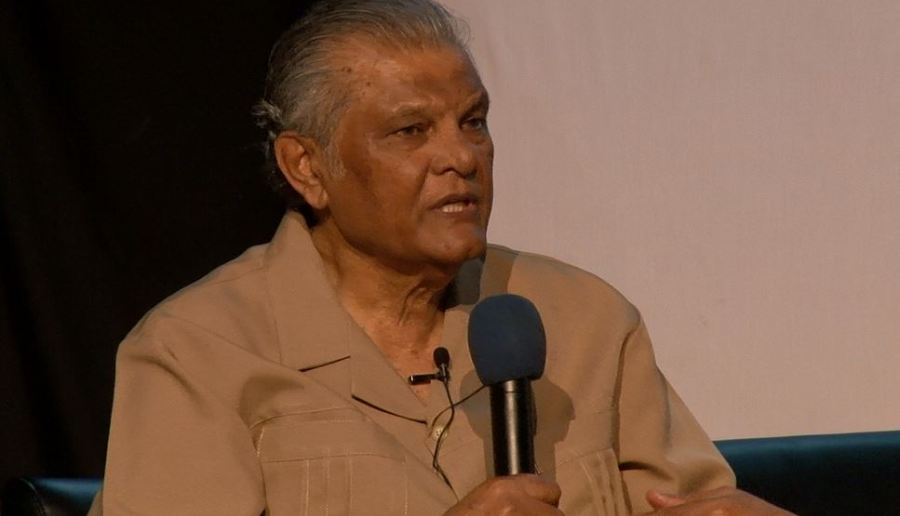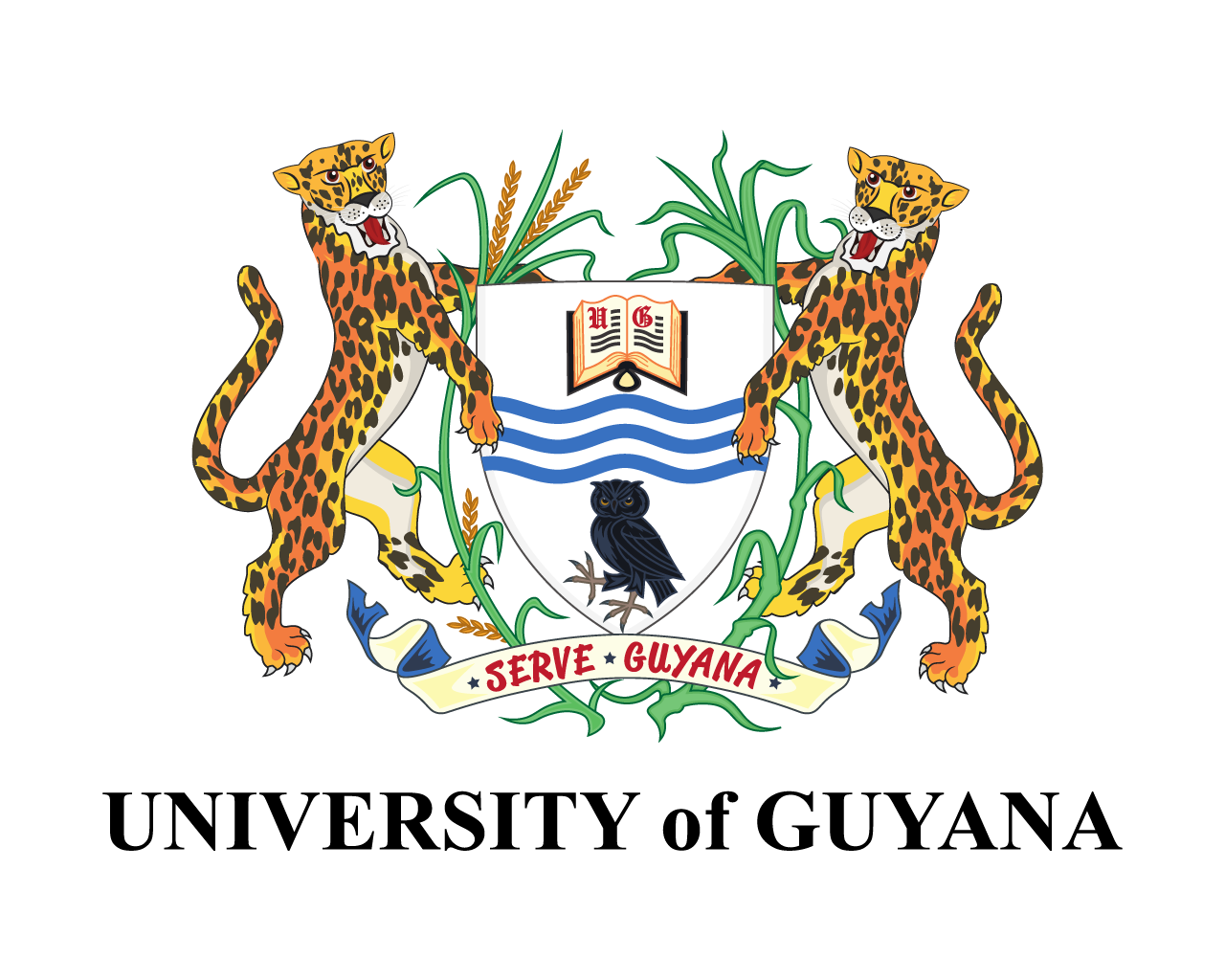
Get Involved - Joe Singh urges total vigilance from citizens on border controversy
Tuesday, February 6, 2018 - 00:34RETIRED Major-General Joe Singh said Guyanese near and far should be vigilant in defence of Guyana’s territorial integrity, noting that vigilance is not reserved only for the Guyana Defence Force (GDF) and the Guyana Police Force (GPF).
“This is not reserved only for the military and the police, we all have to be vigilant. We all have to recognise, read and listen, and that includes our diaspora who have access to information which may be very helpful to us and our diplomats,” he said. At the time, the former Army Chief-of-Staff was delivering remarks alongside Ambassador to Suriname, Keith George and Ambassador Cedric Joseph at the University of Guyana’s second conversation on Law and Society, titled “Guyana’s Borders: Boundaries, Barriers, or Bridges” at Theatre Guild Thursday evening.
The retired Major-General recalled that in the past, the military and the police had developed linkages with the pork-knockers, loggers and even fishermen who had frequented the country’s borders.
“Most of our information on which we then developed our intelligence was provided by ordinary citizens who had a very patriotic fervour, saying literally not a blade of grass,” he posited.
Additionally, the former army Chief-of-Staff said as Guyana moves to the International Court of Justice (ICJ) to resolve the territorial controversy with Venezuela, major emphasis should be placed on educating the populace.
It is no secret that Venezuelans have been falsely indoctrinated into believing that Essequibo forms of part of their country. “We have produced a lot of stuff which perhaps need to be republished. I remember very little books produced by the Ministry of Foreign Affairs, speeches by Sir Shridath Ramphal, research on Ankoko Island… So we need to revive and resuscitate that form of education,” Singh told his audience.
Meanwhile, in a statement on Friday, Ambassador Emeritus, Dr.Odeen Ishmael, alluded to the fact that Venezuela’s demand has grown progressively over the years.
“It requested before the arbitral tribunal all the territory west of the Essequibo River with the exception of an area marked by a line stretching from the mouth of the Moruca River to the junction of the Mazaruni and the Essequibo. The claim also included the Essequibo watershed south of the junction of the Essequibo and the Rupununi rivers.
“Today,the claim has extended to all territory west of the Essequibo River,including the islands in the river. It has also been expanded to include Guyana’s maritime region rich with oil deposits,” Dr. Ishmael explained.
He said it is no secret that Venezuela seized Guyana’s half of the border Ankoko Island and its armed gunboats brazenly venture into Guyana’s section of the Cuyuni River.
IDEAL VENUE
But in all of its actions, Venezuela has failed to adequately defend its position that the 1899 Arbitral Award is null and void. According to him, the International Court of Justice (ICJ) is an ideal venue for Venezuela to make its argument.
United Nations Secretary-General (UNSG) Antonio Guterres has referred the Guyana/Venezuela territorial controversy to the ICJ, but the Spanish-speaking nation has rejected the decision, holding fast to its position that the Good Offices process should be allowed to continue, having commenced since 1990. Ambassador Ishmael said Venezuela’s position on the UNSG decision comes as no surprise.
“When the UNSG announced his proposal in December 2016, the Venezuelan Government at first expressed its satisfaction, but within a month it backtracked and insisted on the continuation of the Good Offices process, which had failed to produce any tangible forward momentum for the past quarter of a century. Guyana, since 2014, had informed the UNSG of its decision to abandon the Good Offices process and urged the involvement of the ICJ—a proposal now opposed by Venezuela. Therefore, that country’s recent statement on January 31 has not come as a surprise to anyone,” he explained.
It was pointed out that the 1966 Geneva Agreement conferred upon the secretary-general the power and responsibility to choose a means of peaceful settlement from among those contemplated in Article 33 of the Charter of the United Nations. The Geneva Agreement,signed by the Venezuela, British and Guyana Governments, also provides that if the means so chosen does not lead to a solution of the controversy, the secretary-general will choose another means of settlement. In this respect, the last means in Article 33 is judicial settlement.
Stating that the member states of the United Nations are no doubt hoping for a judicial solution, he said it is possible that their quiet diplomacy can help to propel Venezuela to work along with Guyana towards this direction.
Artilce adapted from: https://guyanachronicle.com/2018/02/03/get-involved
